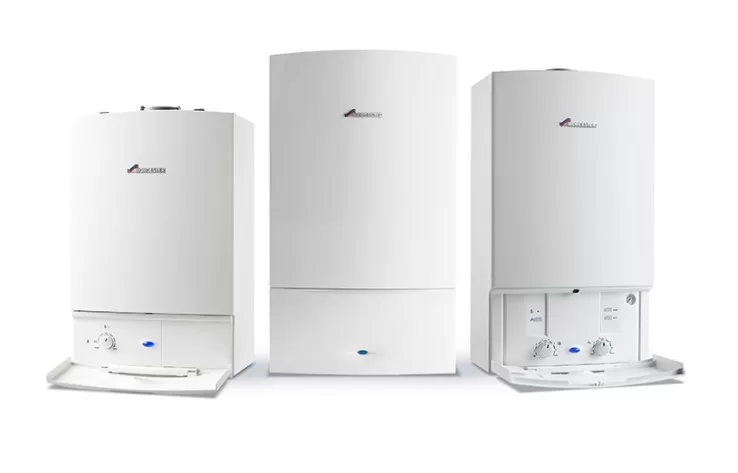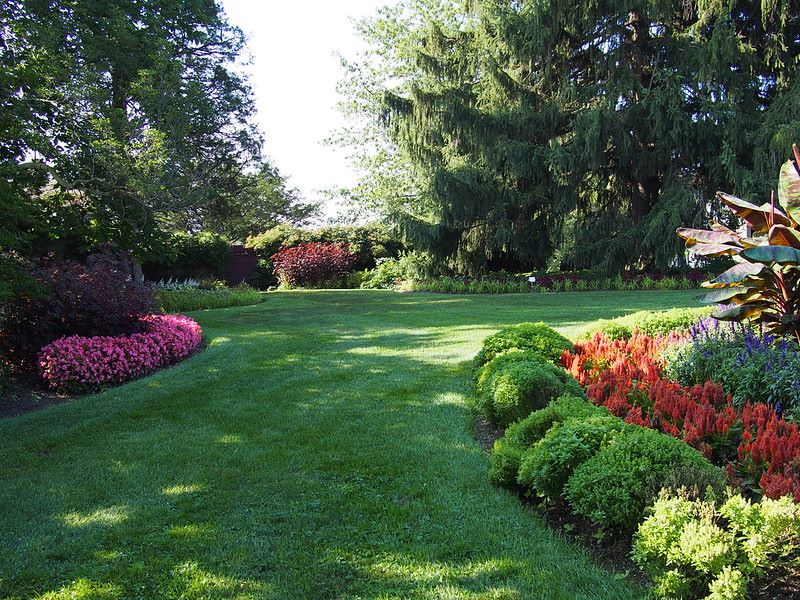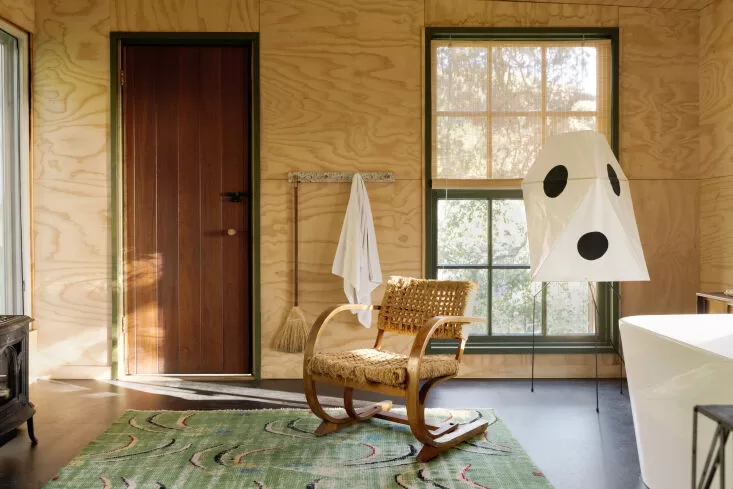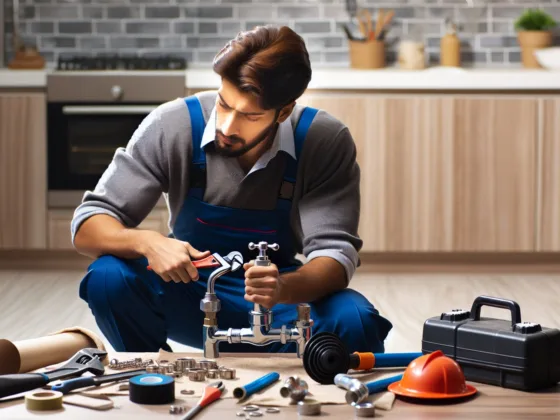Boilers heat the water used for heating and hot water in homes and businesses. Choosing the right boiler model is critical to optimizing boiler performance and ensuring a risk-free environment. Boiler models vary in size, features, and efficiency, so it is important to assess individual needs before making a purchase

It is important to understand the advantages and disadvantages of each boiler type before making a final decision.
The most common boiler types are electric, gas, and combination. Each has advantages and disadvantages. Choosing the best one is a matter of personal preference. Simply refer to the Boiler Central boiler guide to obtain some buyer tips on which type of boiler is best, electric, gas, or a combination of the two.
Different Boiler Types Explained
Electric Water Boiler
Electric water heaters heat the water with electricity instead of gas, making them suitable for homes without natural gas. Its small footprint allows it to be installed in a variety of locations. An electric water heater is a great choice for people who want a reliable and efficient option for their home
Benefits
- Electric boilers are very efficient pieces of equipment that turn all the electricity they use into heat.
- Because they don’t need a chimney or ventilation system, electric boilers are easier and cheaper to set up than gas boilers.
- Environmentally friendly, as no harmful by-products are produced.
Drawbacks
- Unlike gas boilers, electric boilers do not have huge storage tanks and may not be suitable for homes with large amounts of hot water.
- Electricity is generally more expensive than gas, so running costs can be higher.
- Electric boilers may take longer to heat up and produce less heat than gas boilers.
- Where there is no natural gas connection on site, hot water requirements are low to moderate, and environmental considerations are emphasized. In this case, an electric boiler is ideal.
Read Also:
Gas Boilers
Buildings that have access to natural gas often use boilers that run on this fuel source. They are effective, robust, and able to meet your heating and hot water needs.
Benefits
- Gas boilers are well known for their efficiency and the savings they provide homeowners on their energy bills.
- Capable of generating a significant amount of heat, making it ideal for large homes and those living in cold climates.
- Natural gas is generally cheaper than electricity, which lowers the cost of running a gas boiler.
Drawbacks
- The costs associated with installing an exhaust or ventilation system for gas boilers must be considered. Unlike the electric boiler, it is not good for the environment because it makes carbon dioxide and other pollutants.
- Gas boilers should be checked and repaired regularly, as gas leaks can be dangerous.
- The gas boiler is ideal for homes that already have natural gas available, have a large water heater, or are in cold climates and use more hot water.
Combination Boiler
The “combi” or “combination” boiler saves space while simultaneously heating and heating water. Suitable for small homes that do not require much space or hot water.
Benefits
- Compact and space-saving: Combi boilers take up less space than separate water heaters and boilers.
- Combi boilers save energy because they only turn on when hot water is needed. This means that no heat is lost while waiting.
- Hot water can be produced instantly.
Drawbacks
- May not be suitable for large homes or homes that require high water pressure.
- They can be more expensive to install and require more maintenance than traditional boilers.
- May not be suitable for homes with immersion heaters.
Choosing a Water Heater: Some Considerations
Here are some things to consider when choosing the best water heater for your home. All variables depend on the size of the house. Also, for additional repair tips, you may want to visit Housesumo.
- Choosing an energy-efficient boiler can reduce your operating costs and your carbon footprint. It is important to consider the costs of installing, maintaining, and operating a boiler.
- The required hot water tank size depends on the total number of occupants and their individual hot water consumption behaviors.
- Emissions from boilers and fuel sources are two environmental factors to consider.
Conclusion
When it comes to boilers, the best option will vary from person to person. If you don’t have access to natural gas in your home, an electric water heater is your best bet. However, if gas is available and the demand for hot water is high, a gas boiler is a better option.
All things considered, be careful regarding your boiler options as the last thing you want is to be saddled with water damage, resulting in a tedious water damage restoration endeavor.
For homes with limited living space, the combi boiler is a smart, space-saving option. When choosing a boiler, it is important to consider the size of the facility, energy efficiency, cost, the need for hot water, and the environmental impact. The best boiler is a reliable, efficient boiler for your home.









